It’s never too early to think about a New Year’s Resolution! And I would love for book people, as a whole, to be more kind to each other in 2020.
When I first decided to start a book blog, I assumed that the book community would be a safe space in a chaotic social media world. And it is, for the most part. But there’s been some recent events and actions that are both hurtful and cruel. Let’s take a closer look.
YA Twitter Controversy
Oh, Twitter. Maybe we should also have a New Year’s Resolution where we aren’t using the platform as much. There’s some good but also a lot of bad that can happen on there. Sarah Dessen is an extremely successful young adult author and obviously very well-liked in the writing community. Recently, she sent out a Tweet to her 268, 700 followers regarding a college graduate speaking out against Dessen’s novels being used in its Common Read college course.
“She’s fine for teen girls,” the student said. “But definitely not up to the level of Common Read. So I became involved simply so I could stop them from ever choosing Sarah Dessen.”
Dessen reads the article and is, understandably, upset. She shared a screenshot of the comments and wrote: “Authors are real people. We put our heart and soul into the stories we write often because it is literally how we survive in this world. I’m having a really hard time right now and this is just mean and cruel. I hope it made you feel good.”
Many other authors showcased their support of Dessen, including Jennifer Weiner, Jodi Picoult and Angie Thomas. It also became a larger narrative over shared frustration that stories about women—both young adult and adult—aren’t seen as “literary” or having as much value as stories about men. I think that’s a valid argument to make.
Fallout
But it got very messy. While Dessen didn’t put the student’s name, it was easily found and the student soon was attacked on her Facebook and Twitter accounts—where she eventually had to deactivate all her social media.
Something that got missed in the initial narrative is that the student was pushing for the memoir Just Mercy by Bryan Stevenson. The memoir is about a black man wrongfully imprisoned for the murder of a white woman.
The Washington Post wrote about this incident and reached out to the student who said the following:
“My quote was taken out of context,” Nelson said in an emailed statement to The Post, noting that in addition to Stevenson’s book she also argued for “Breath, Eyes, Memory” by Edwidge Danticat and “When Breath Becomes Air” by Paul Kalanithi. “These three books are beautifully written and push readers to stand against the racial inequality that the judicial system perpetuates, to consider the heritability and influence of tradition and trauma, and to contemplate what brings meaning to one’s life.”
Dessen and the other authors eventually apologized.
I do think it’s important for authors to understand the reach of their platforms. We all need to think before we tweet. Not everything needs to be a public battle.
Cruel Reviews
With Goodreads, Amazon, Instagram, Twitter, Pinterest—there’s so many outlets where readers can write reviews. We all know why reviews are super important—it can help (or hurt) book sales. But when not following a traditional medium or writing structure, sometimes the free flowing nature of reviews can be pretty damn cruel. I’ve seen it often, no matter if a reader receives an Advanced Reader’s Copy or if they got it from the library; there’s almost a gleeful negative nature in certain reviews.
Mary Beth Keane, author of Ask Again, Yes, shared an Instagram message where someone called her book, “the most boring pointless book I ever read…hours of my life I will never get back. OMG it is awful.”
Dude. Seriously? What did this reader think they will get out of writing something so mean to the author? It really bothers me and I can only imagine how the authors feel to receive this.
So, just like the authors have a platform, readers need to remember that words matter. And because you can write something so hurtful doesn’t mean you should. I would think people would get this—how would they feel if someone sent them a message like that about their own work?
New Year’s Resolution
Let’s face it, we’re not going to like every book we read. I certainly have shared criticism of books I didn’t enjoy. But I always strive to respect the author and the writing process. I also don’t tag authors in negative reviews. Yes, some criticism is valid and maybe can be helpful but tagging someone is such a personal action that I don’t see it as necessary when it’s just as easy not to tag them.
So for our 2020 New Year’s Resolution: let’s all pledge to be kind to each other in person and on social media. After all, it’s a lot more fun being nice!
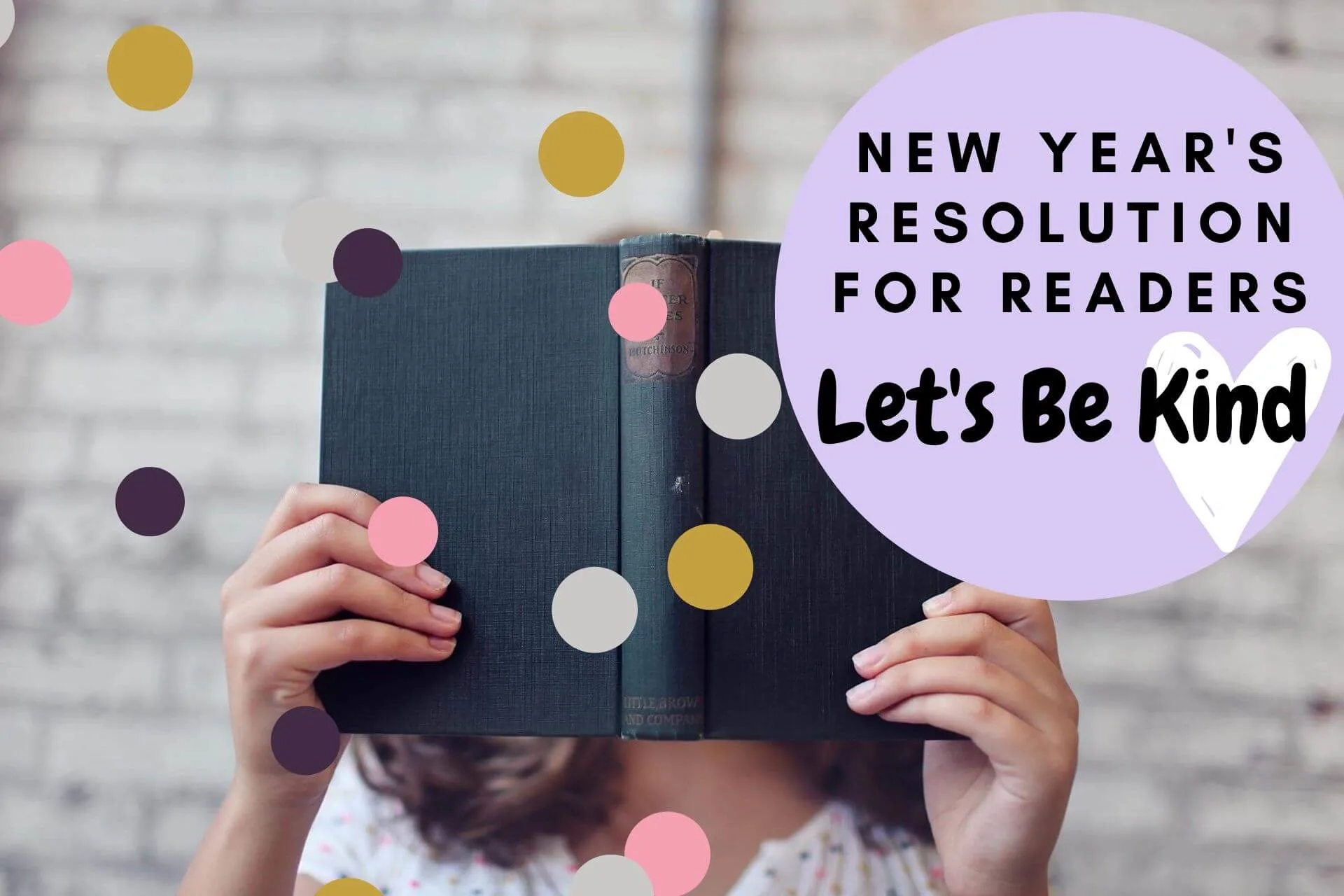
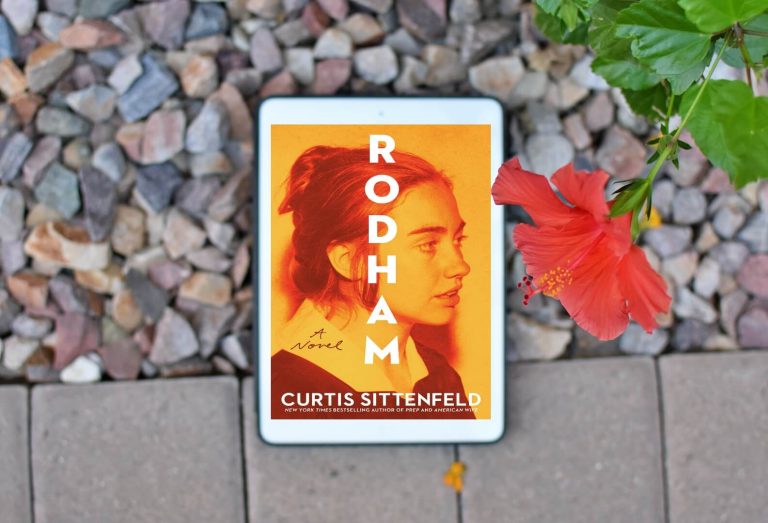
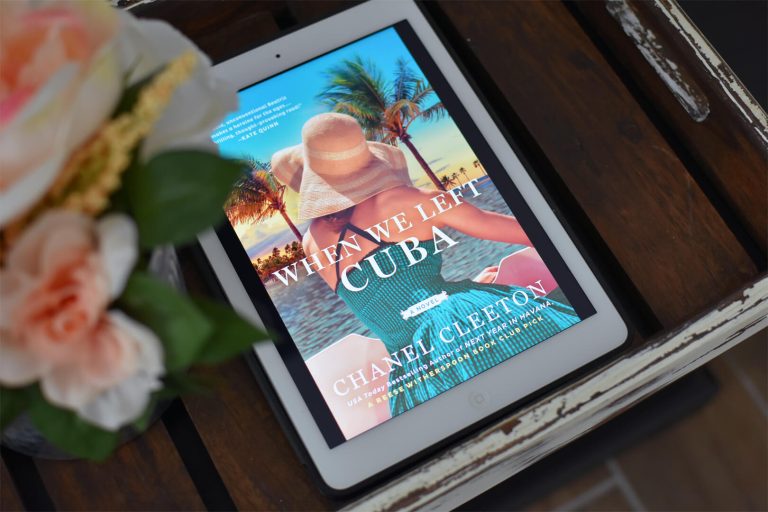
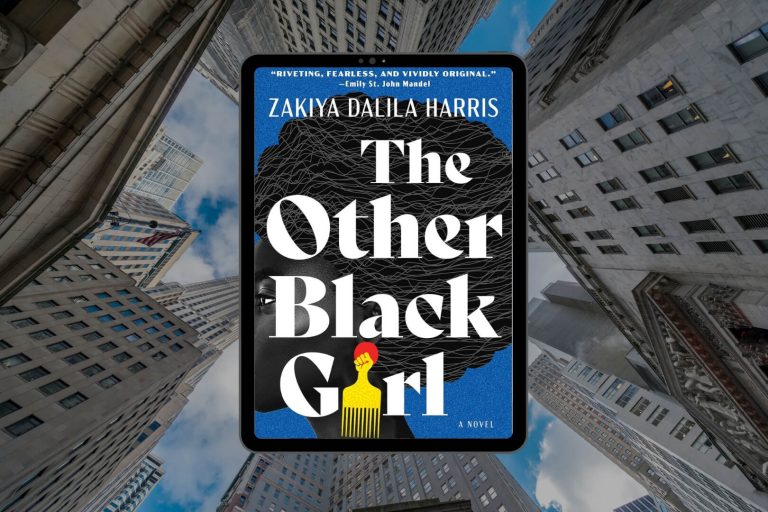
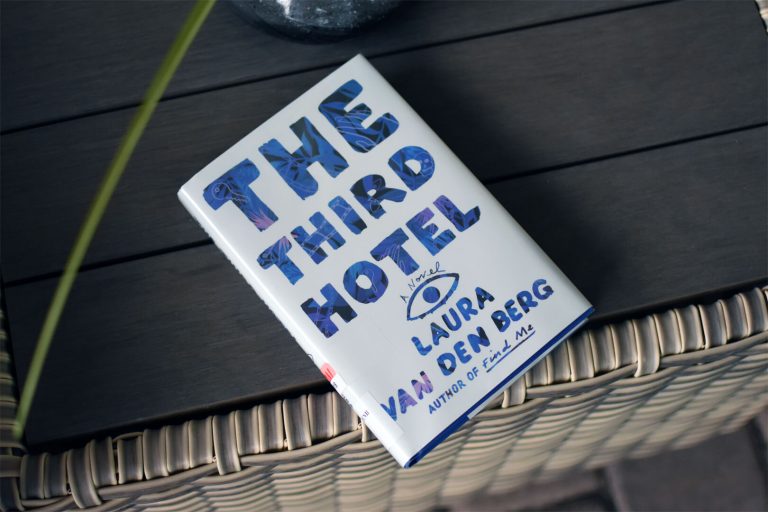
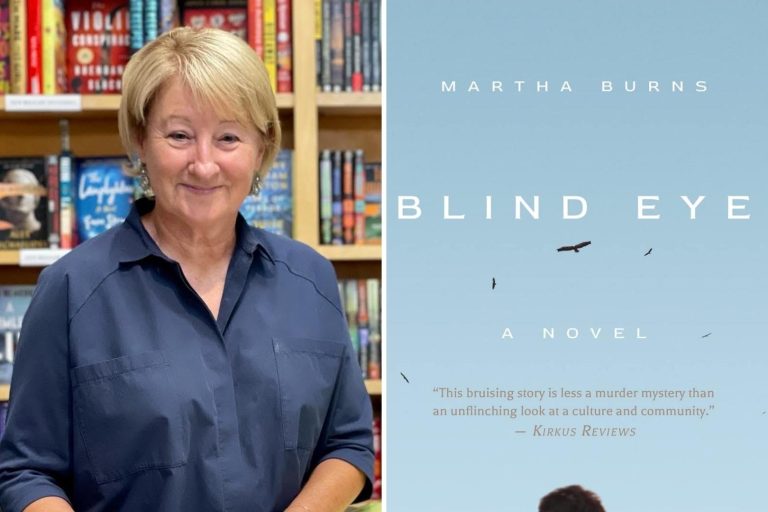
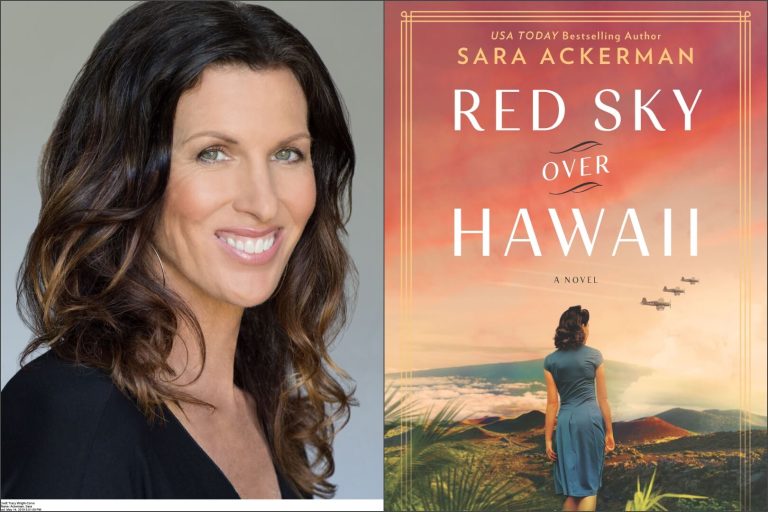
Sarah
Sunday 24th of November 2019
I love this post. It's definitely easy to trash what we don't like, but there's enough of that in the world. While I love a purposeful critique, nastiness is unwarranted from both sides.
Heather Caliendo
Sunday 24th of November 2019
Yes, so true!!! You always do such a great job with your reviews on reallyintothis.com—always respectful and insightful!